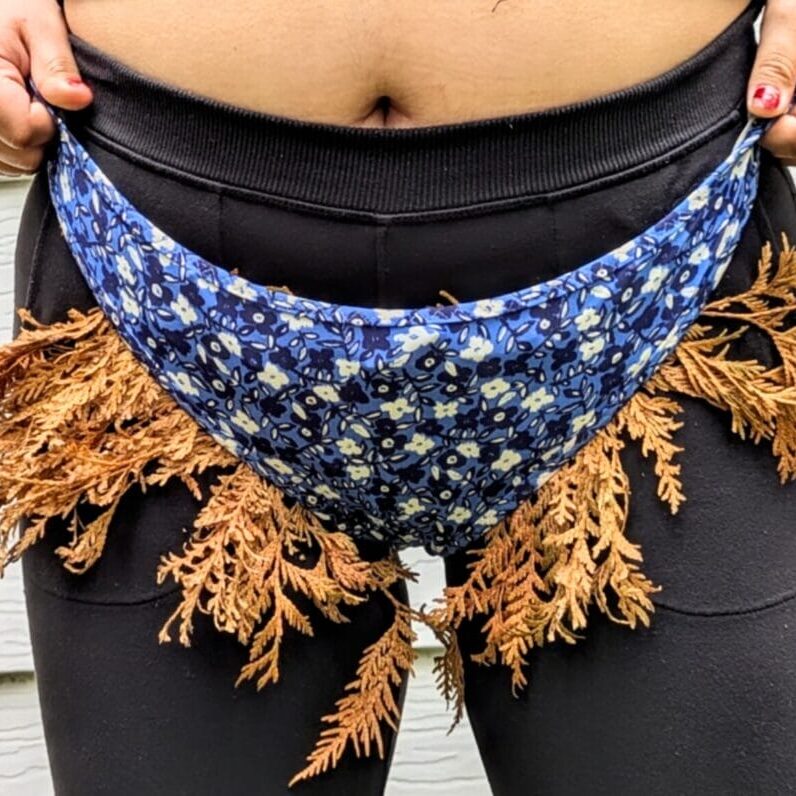
Bush summer is not the feminist revolution you think it is
The TikTok trend is just the latest way to control women’s bodies
Walk into any drugstore and you’ll find an entire aisle devoted to waging war on women’s body hair. Razors lined up like grenades, wax strips promising clean kills, tweezers guaranteeing precise strikes. The message is clear: bald is best. And yet, somewhere between the wax kits and laser clinics, the cultural pendulum has swung, and suddenly it’s … “bush summer?” The follicle revolution, apparently, is here — though one has to wonder why it’s even a conversation.
The so-called bush summer trend started with a viral TikTok in January by creator Sujindah, emphasizing a “full bush in a bikini” for summer 2025. Seventeen million views later, it sparked a conversation in the comments and transpired into another Gen Z feminist movement.
My question is, if body hair is only celebrated when it’s trending, can it really be called feminist?
Last time I checked, hair has always been down there. When something as ordinary as body hair gets branded as revolutionary (“the bush is back!”), it shows just how deeply society has distorted our sense of normal.
On the one hand, I appreciate normalizing the topic of women’s pubic hair, a conversation that for years has felt almost wrong to talk about outside the comfort of your close friends and a bottle of wine. I’d like to think bush summer was an attempt to resurrect the same sexual liberation that thrived in the 60s and 70s. Call it Woodstock 2025. But this liberation doesn’t feel personal; it feels performative.
And while liberation can still be genuine even when it’s performative, its power fades when it’s driven by public approval instead of personal choice.
I don’t want to beat around the bush here. The problem isn’t the hair itself, but how social media packages women’s choices into seasonal aesthetics and instructs girls on what kind of body or body hair (God forbid) is “hot” right now. If pubic hair has to trend, the problem isn’t hair, it’s culture.
Can we not have a summer — just one — where womanhood isn’t reduced to a checklist of requirements? Where we can exist without a voice whining in the back of our heads to be a “better” woman?
For decades, society has told women: “You’re feminine by nature … but only if you shave, shrink, inject and contour yourself first.” At its core, feminism is about rejecting the idea that femininity must be constantly dictated by an endless cycle of expectations. And while letting the bush be can be seen as a feminist act, it feels contradictory to push that expectation onto a generation of young girls instead of letting them have autonomy over their bodies and decide what is most comfortable for themselves.
For most girls, it comes down to strict comfort. As for my roommate with alopecia, she says, “Any hair is good hair!” But when I asked around, the most common response I heard was, “Well, I’m not having sex, so why would I shave?” I’d argue that answer is the root of the issue.
The sex factor exposes how deeply our views on our bodies are tied to the male gaze. Hair — or the lack thereof — becomes less about personal preference and more about what others deem “desirable.” Even when we insist we’re doing it for ourselves, that shadow of expectation lingers. And now, with “bush summer” being marketed as feminist liberation, the pressure doesn’t disappear; it just shifts. Instead of shaving for a partner, you’re supposed to grow it for the movement. Either way, it’s someone else’s script telling you how to control your body.
At the end of the day, do whatever your heart desires. Have a bush, be bald, rock a landing strip. But let’s stop pretending it’s radical just to exist naturally and independently from what’s trending.
Women’s bodies are not trends, and I guarantee the hair is not going anywhere. If your partner can’t handle your garden, maybe it’s not your landscaping that needs rethinking.






